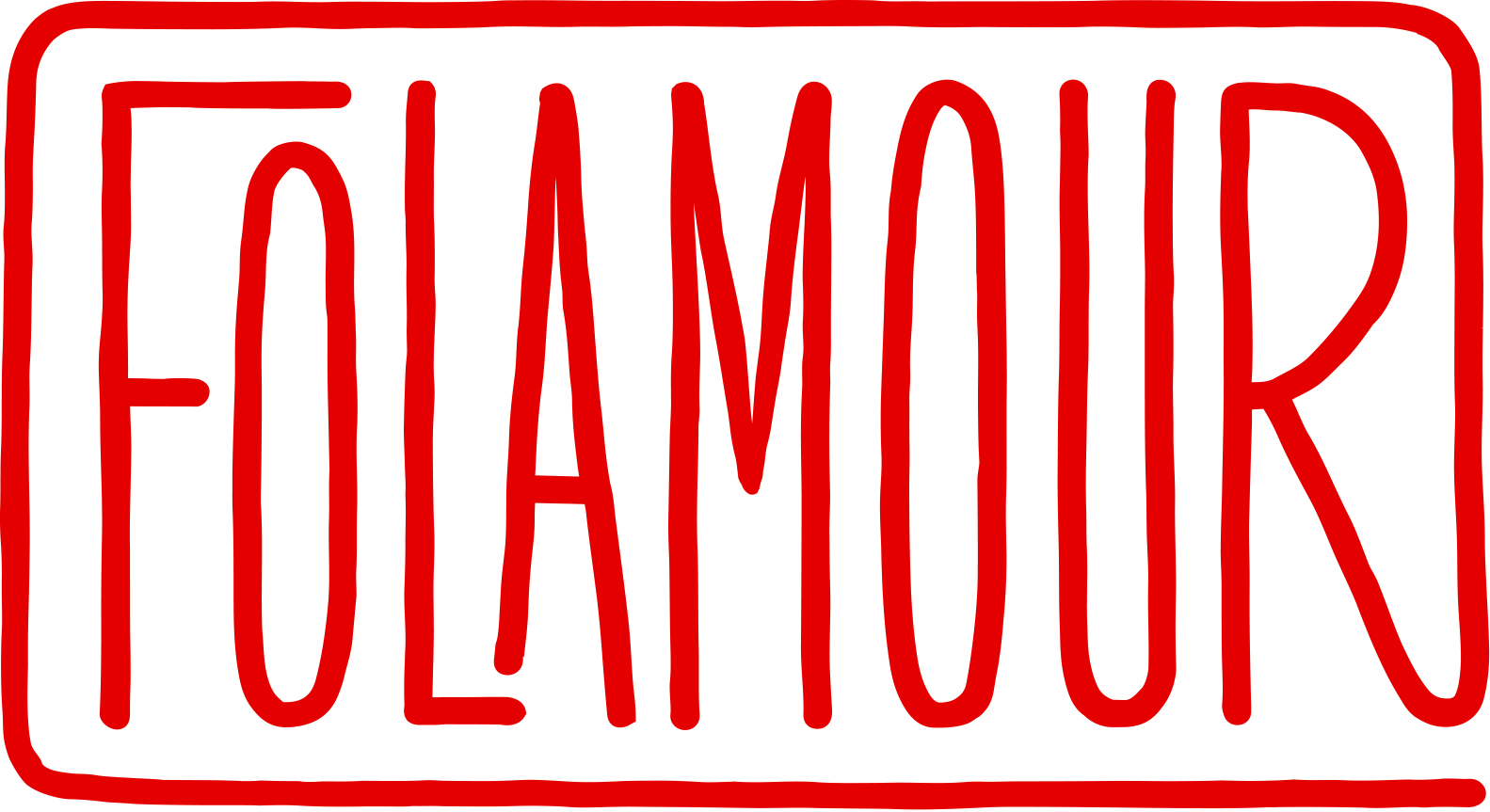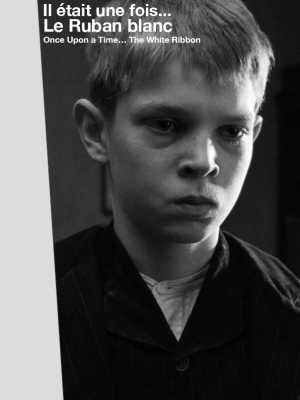ONCE UPON A TIME... THE WHITE RIBBON
| Director |
Vassili Silovic |
| Writers |
Vassili Silovic and Serge July |
| Image | Olivier Chambon |
| Sound | Thierry Blandin, Hjalti Bager-Jonathansson, Peter Priglinger, Jakob Schmidt |
| Editing | Isabelle Martin |
| Length |
52 mins |
| Format |
HDCam, 16/9e |
| Version |
French |
| Copyrights |
Folamour – ARTE France – 2013 |
| Broadcaster |
ARTE |
Protagonists :
- Michael HANEKE, director
- Michael KATZ, producer
- Markus SCHLEINZER, Casting Director
- Burghart KLAUSSNER, actor, role of the pastor
- Leonard PROXAUF, actor, role of Martin
- Roxane DURAN, actress, role of Anna
- Jacques LE RIDER, historian
- Christian BERGER, director of photography
- Caroline ELIACHEFF, child psychiatrist
Portrait of a film: Released in 2009, The White Ribbon is Austrian director Michael Haneke’s tenth feature film. In 1913, a series of strange incidents in a German village deeply rooted in a strict Lutheran tradition gradually take on the character of a ritual directed against the authorities. Investigating these incidents, the teacher concludes that it is the children of the village themselves who are punishing those who defy the ideas they preach. They will become the generation that will eventually bring Hitler to power. Produced in black and white, The White Ribbon received the Palme d’Or at the Cannes Film Festival in 2009.
Portrait of an Era: Subtitled “A German Children’s Story”, this film shows the educational violence practiced in Germany at the beginning of the 20th century and how it carried the seeds of Nazism. It reminds “Germans of their own history” but also Austrians, whose populist leader Jorg Haider, who died in 2008, was accustomed to anti-Semitic statements and praise for Hitler. “My idea was to uncover the causes of any terrorism, right or left, political or religious, including the one that is rampant today,” the filmmaker said about The White Ribbon. Although it is a film with costumes, The White Ribbon is in fact a parable of the contemporary world.
Portrait of a filmmaker: Born in Munich in 1942, Michael Haneke has enjoyed two long-standing parallel careers as a theatre and opera director and television producer. He began directing feature films at the age of 47 in 1989 with The Seventh Continent. Most of his films are a critique of the world of communication and entertainment, both of which trivialize violence. In 2001, The Pianist earned Haneke the Grand Jury Prize at the Cannes Film Festival. In 2005, Hidden received the Best Direction Award, also in Cannes, before the double Palme d’Or, in 2009 for The White Ribbon and in 2012 for Love.


